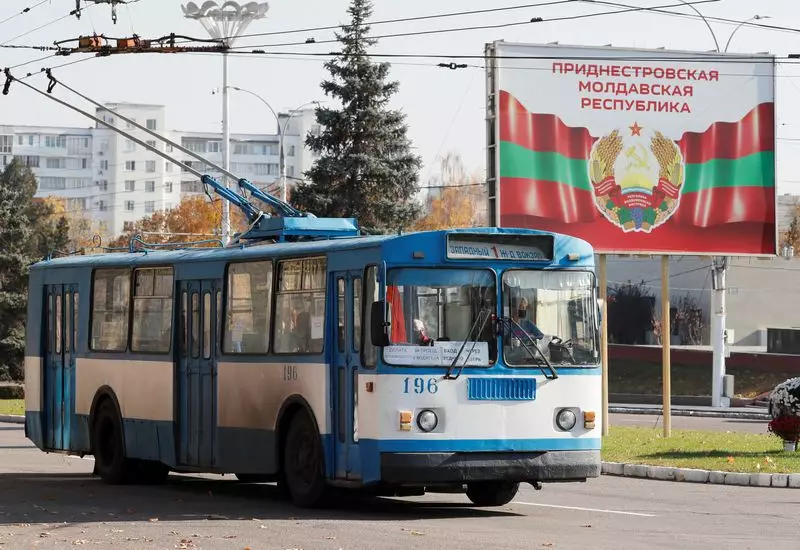Transdniestria, a breakaway region in Moldova, finds itself in a precarious situation as electricity shortages emerge due to halted Russian gas supplies. Following Ukraine’s refusal to renew a contract for Russian gas transit, the region has entered a phase of rolling blackouts. Since January 1st, after a transit agreement expired amid ongoing geopolitical tensions, the flow of Russian gas to Central and Eastern Europe faces a significant disruption, impacting not only Transdniestria but also Moldova’s energy stability.
The authorities in Transdniestria confirmed the onset of these power cuts, indicating that many districts would experience three-hour outages daily. Vadim Krasnoselsky, the self-proclaimed president of the region, highlighted the limitations of existing gas reserves, which he claimed could only sustain operations for a limited duration. As energy shortages threaten daily life in this heavily Russian-speaking enclave, officials face mounting pressure to devise reliable solutions to manage the crisis.
The energy disruptions in Transdniestria serve as a stark reminder of the intricate relationships between energy supplies and geopolitical conflicts. While Russia maintains that it is not weaponizing gas against Moldova, the underlying tensions are unmistakable. Moldova relies heavily on Romania for nearly 60% of its gas requirements, while the remaining supply comes from its own production. This reliance on external gas sources complicates the energy dynamics within Transdniestria, where much of the region’s electricity derives from a power plant that provides affordable energy to Moldova.
Prime Minister Dorin Recean of Moldova has voiced concerns over the potential security risks posed by Transdniestria’s rolling blackouts. He indicated that the Chisinau government had already formulated contingency plans involving a combination of locally produced energy and imports from Romania. However, without long-term solutions, the region’s energy crisis could spiral further into social and political instability, exacerbating tensions between Moldova and Transdniestria.
Adding to the complexity of this crisis are the financial disputes surrounding gas supplies. Gazprom’s assertions that Moldova owes significant debts complicate negotiations and further complicate energy security. Moldova challenges the claims made by Gazprom, resulting in a contentious standoff that undermines the region’s ability to secure reliable energy sources.
The potential for Gazprom to supply gas directly to Moldova bypassing Ukraine has been suggested, yet the Russian energy giant has opted not to do so, leading to speculation about its motives. This exacerbates the fragility of Moldova’s energy landscape, forcing the government to rely on alternative arrangements amidst uncertainty surrounding gas supplies.
The energy crisis in Transdniestria illustrates the complex interplay between energy politics and regional stability. As rolling blackouts disrupt everyday lives, the residents yearn for a sustainable and reliable energy solution. It is imperative for both the Moldovan government and Transdniestrian officials to engage collaboratively in finding strategic, long-term solutions to the energy crisis while navigating the geopolitical tensions that have brought them to this precarious junction. The future of energy security in the region hinges on diplomacy, transparency, and a shared commitment to stability, reminding us all of the critical nature of energy independence in geopolitical landscapes.

